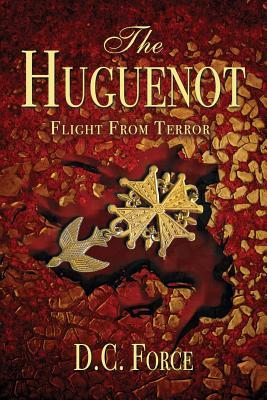It is the last quarter of the 17th century. In France, the Wars of Religion are over and French Protestants have been enjoying a period of prosperity and protection. Suddenly Louis XIV rescinds the Edict of Nantes signed by his grandfather which guaranteed Huguenots equal rights under the law. Overnight practicing the Protestant faith has become a High Crime.
Jacques-Jean is an honorable young man who lives a privileged life on his Catholic father's estates. His father is a duke and Jacques, his only son and heir, is learning to administer wisely. But Jacques has been raised as a Huguenot by his mother. He will not abjure his faith and a jealous relative stirs up trouble. Never will the King or the Church of State allow a Huguenot to inherit the lands and title of a dukedom.
A warrant is issued for Jacques' arrest and he will most certainly be thrown into the Bastille to be forgotten or sent in chains to almost certain death as a galley slave. His father cannot save him. Jacques must flee. He is joined by his best friend Richard, also a Huguenot, and a young servant girl, Marie, who seeks the Hope the New World offers to better her life. Together they escape just ahead of the gen d'armes.
They are smuggled out of the country and land in New York Towne. Soon Jacques and Richard learn to trap fur and trade with the Indians along the Hudson and St. Lawrence rivers. They also learn to battle the elements and survive disasters. Meanwhile, Marie learns that she will never get ahead unless she is in a business of her own. The three have become very close friends and decide to establish a trading post together on the New Jersey frontier.
While Jacques and Richard are on their treks, Marie learns to barter with some of the local Indians, one of whom takes a very protective interest when she is left all alone and seemingly abandoned. Things would go more smoothly if not for two things: The never ending conflicts between the French and English and their warring Indian allies. And the passionate love triangle that develops.
